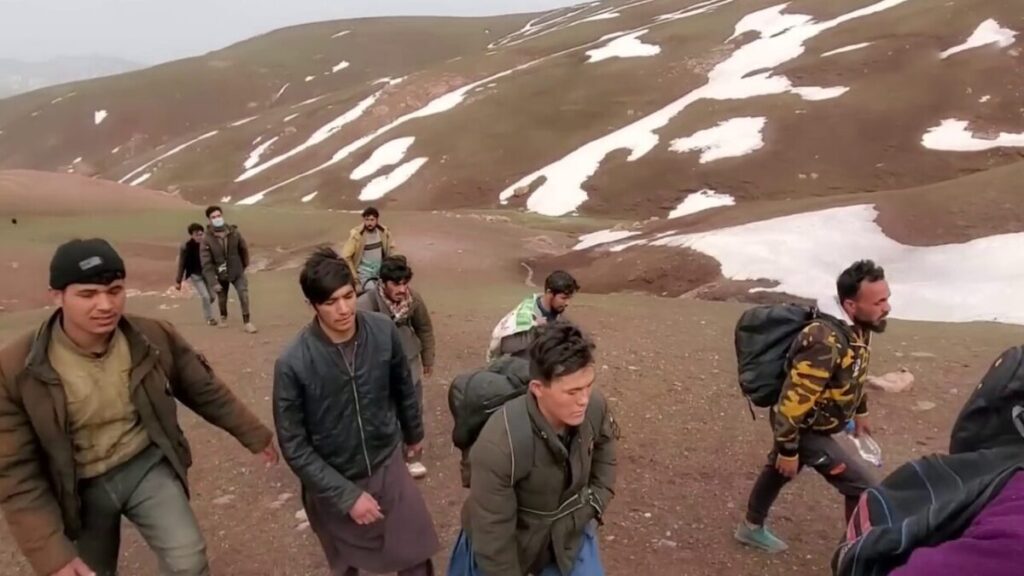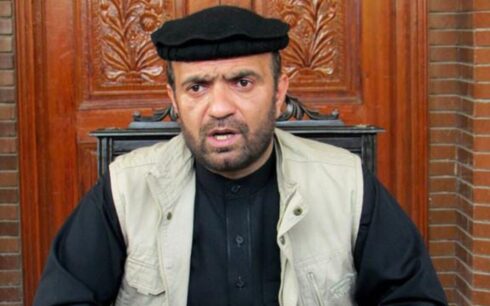KABUL, Afghanistan — The Taliban’s supreme leader, Hibatullah Akhundzada, has issued a decree aimed at curbing human trafficking, underscoring the practice’s incompatibility with Islamic law, or Sharia, according to the Taliban-run Bakhtar News Agency.
The decree, composed of six principles, includes penalties of one to three years in prison for those convicted of human trafficking. Akhundzada directed several Taliban-led ministries and agencies to take measures to combat the issue and raise public awareness about its dangers.
The decree instructed the Ministry of Interior to identify and arrest individuals involved in human trafficking. It also tasked the Ministry of Defense with securing border areas to prevent trafficking and transferring any suspects to the Interior Ministry. Meanwhile, the Ministries of Information and Culture, Border Affairs, and Hajj and Religious Affairs, among others, were ordered to lead efforts in educating the public about the harms associated with trafficking.
Human trafficking remains a persistent challenge in Afghanistan, a country grappling with widespread poverty and unemployment following years of conflict and economic collapse.
A recent survey conducted by Amu, highlighted the role of economic hardship in driving illegal migration and trafficking. The study, which surveyed 35 individuals across seven provinces—Farah, Jawzjan, Faryab, Parwan, Daikundi, Kunduz, and Bamiyan—found that 62.8 percent of respondents believe addressing poverty and unemployment is critical to halting trafficking and illegal migration.
“Until the root causes of poverty and joblessness are addressed, combating trafficking networks and deterring unsafe migration will remain an uphill battle,” the report concluded.





